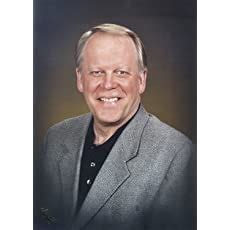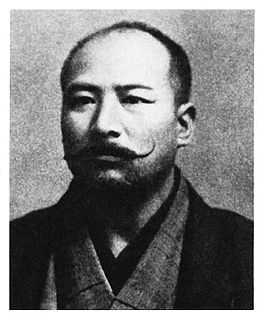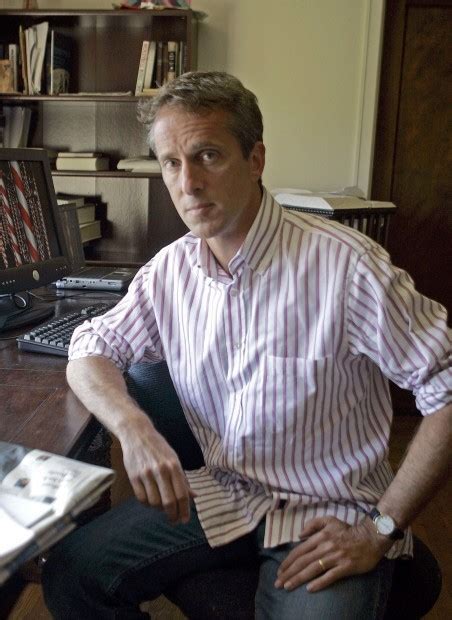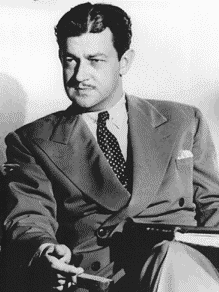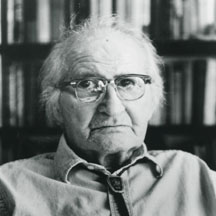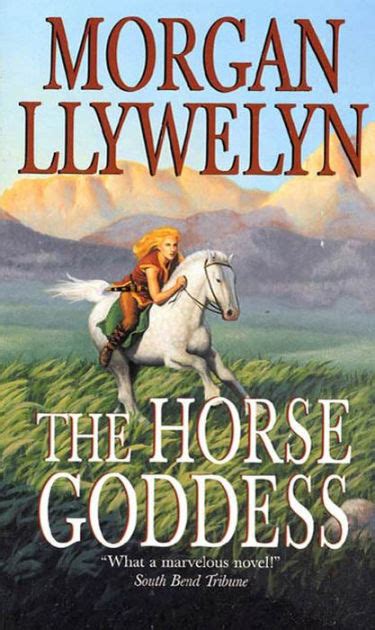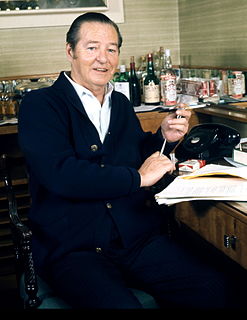A Quote by E. M. Forster
It is never possible for a novelist to deny time inside the fabric of his novel: he must cling, however lightly, to the thread of his story, he must touch the interminable tapeworm, otherwise he becomes unintelligible, which, in his case, is a blunder.
Related Quotes
I must follow my Lord. No matter what. I must renew my allegiance every morning. It is His voice I must listen to, not the voices of those around me, however strident, however persuasive. It is His Word that must govern my life, not the words of others. God Himself has written a Book (think of it!) that must be the authority in my life.
The Judo pupil, therefore, must cultivate his mind; he must never feel fear, never lose his temper, never be off his guard; but he must be cool and calm, though not absent-minded; he must act as quick as thought, according to circumstances. He must also be dexterous as well as bold both in attack and in defense.
An actor must interpret life, and in order to do so must be willing to accept all the experiences life has to offer. In fact, he must seek out more of life than life puts at his feet. In the short span of his lifetime, an actor must learn all there is to know, experience all there is to experience, or approach that state as closely as possible. He must be superhuman in his efforts to store away in the core of his subconscious everything that he might be called upon to use in the expression of his art.
[T]rue socialism must be voluntary - not coerced. Even in the most complete system of society we can conceive the individual must still have rights and property. He must appropriate food to sustain his life. He must wear clothes which are his. He must have his private and exclusive apartment, and must have the right to be in some place on God's earth from which he cannot be evicted by landlord of society.
There are some works which the authors must consign unpublished to posterity, however uncertain be the event, however hopeless be the trust. He that writes the history of his own times, if he adhere steadily to truth, will write that which his own times will not easily endure. He must be content to reposite his book till all private passions shall cease, and love and hatred give way to curiosity.
A perfect historian must possess an imagination sufficiently powerful to make his narrative affecting and picturesque; yet he must control it so absolutely as to content himself with the materials which he finds, and to refrain from supplying deficiencies by additions of his own. He must be a profound and ingenious reasoner; yet he must possess sufficient self-command to abstain from casting his facts in the mould of his hypothesis.
For a spy novelist like me, the Edward J. Snowden story has everything. A man driven by ego and idealism - can anyone ever distinguish the two? - leaves his job and his beautiful girlfriend behind. He must tell the world the Panopticon has arrived. His masters vow to punish him, and he heads for Moscow in a desperate search for refuge.
Detach the writer from the milieu where he has experienced his greatest sense of belonging, and you have created a discontinuity within his personality, a short circuit in his identity. The result is his originality, his creativity comes to an end. He becomes the one-book novelist or the one-trilogy writer.
He thought about the story his daughter was living and the role she was playing inside that story. He realized he hadn't provided a better role for his daughter. He hadn't mapped out a story for his family. And so his daughter had chosen another story, a story in which she was wanted, even if she was only being used. In the absence of a family story, she'd chosen a story in which there was risk and adventure, rebellion and independence.
The judge's authority depends upon the assumption that he speaks with the mouth of others. That is to say, the momentum of his utterances must be greater than any which his personal reputation and character can command, if it is to do the work assigned to it - if it is to stand against the passionate resentments arising out of the interests he must frustrate - for while a judge must discover some composition with the dominant trends of his times, he must preserve his authority by cloaking himself in the majesty of an overshadowing past.
He who, in an enlightened and literary society, aspires to be a great poet, must first become a little child. He must take to pieces the whole web of his mind. He must unlearn much of that knowledge which has perhaps constituted hitherto his chief title to superiority. His very talents will be a hindrance to him.

